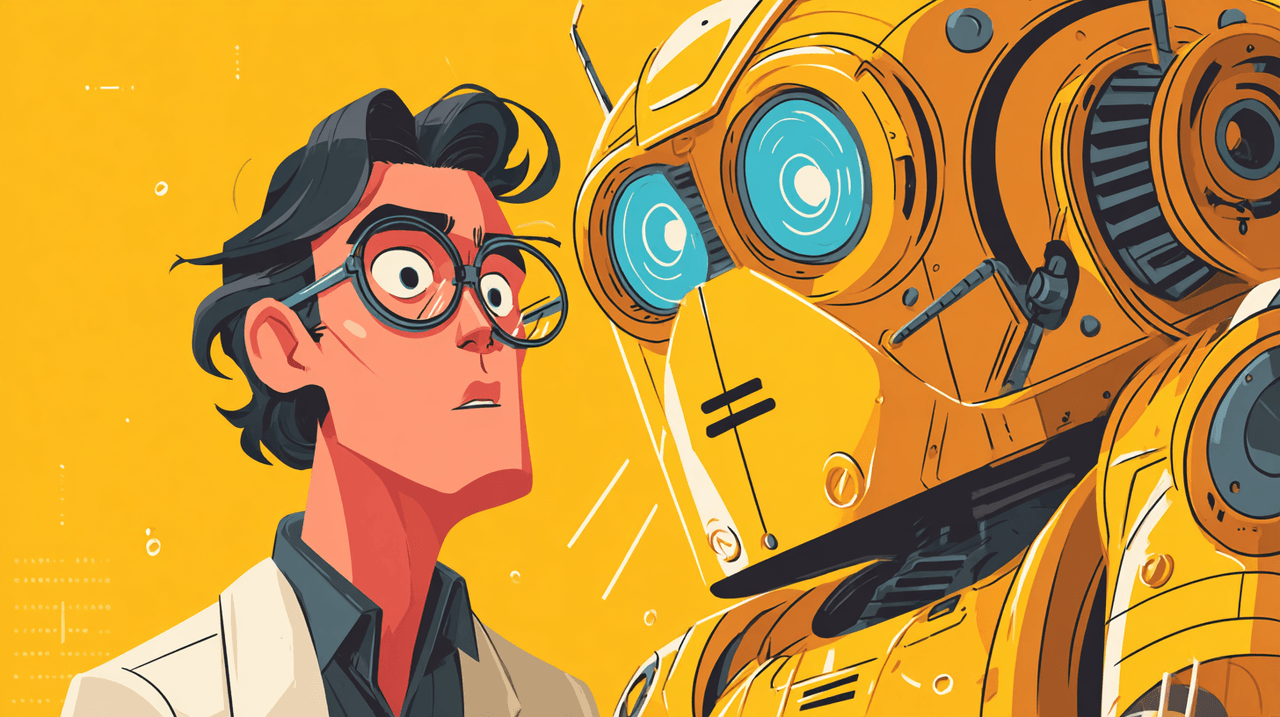Meta 's $250 Million AI Talent Grab: Inside the Silicon Valley Bidding War
I've been tracking the AI talent war for years, and honestly, what's happening right now is mind-blowing. Meta just shattered all records by offering a jaw-dropping $250 million package to Matt Deitke, a 24-year-old AI researcher who dropped out of his PhD program. Can you believe that? The kid initially turned down $125 million as a "low-ball" offer! But Zuckerberg wouldn't take no for an answer.

After a face-to-face with Zuck himself, the offer doubled—with about $100 million potentially coming in the first year alone. Deitke caved. I mean, wouldn't you? As one MIT economist put it, we're witnessing "the climax of the Revenge of the Nerds!" No joke.
So why's this guy worth so much? After leaving University of Washington, Deitke worked at Seattle's Allen Institute where he developed Molmo , this crazy-advanced AI chatbot that handles images, sounds, and text all at once. This multimodal capability is exactly what Meta's Superintelligence Lab is after. The dude later co-founded Vercept , building AI agents that can run tasks online by themselves. They raised $16.5 million with just 10 employees! His work on 3D datasets and embodied AI environments earned him major recognition—including a prestigious award at NeurIPS 2022, something only a dozen researchers get out of 10,000+ submissions.
But Deitke isn't the only one. Meta's AI talent acquisition strategy is bonkers—they've reportedly blown through $1 billion assembling an "all-star roster." They even poached Ruoming Pang from Apple's AI models team for over $200 million! And get this: Meta just announced their capital expenditures for 2025 will hit $72 billion. That's up $30 billion from last year!
Zuckerberg's justification? "If you're spending hundreds of billions on compute... it makes sense to compete super hard for those top 50 or 70 researchers. There's just an absolute premium for the best people."
But this Silicon Valley AI competition has a dark side. While Meta throws hundreds of millions at a handful of researchers, they're laying off thousands of workers—many whose jobs will be automated by the very AI systems being developed. The AI job displacement is real, folks.
UCLA professor Ramesh Srinivasan calls this "cognitive task automation," putting HR, administrative, paralegal, and even Uber drivers at risk. Any job where data can be collected could be replicated by AI. And universal basic income? He says it's "highly insufficient" since people aren't compensated for their data that powers these systems in the first place.
As Meta's capital expenditures 2025 plans show, the AI industry competition is only heating up. Will this concentration of power in a few corporations benefit society? Or are we creating a tech aristocracy while the rest of us become data-providing peasants?
One thing's for sure—in today's AI models development race, the premium for innovation has never been higher. And Meta's making sure they're leading the pack, whatever the cost.



